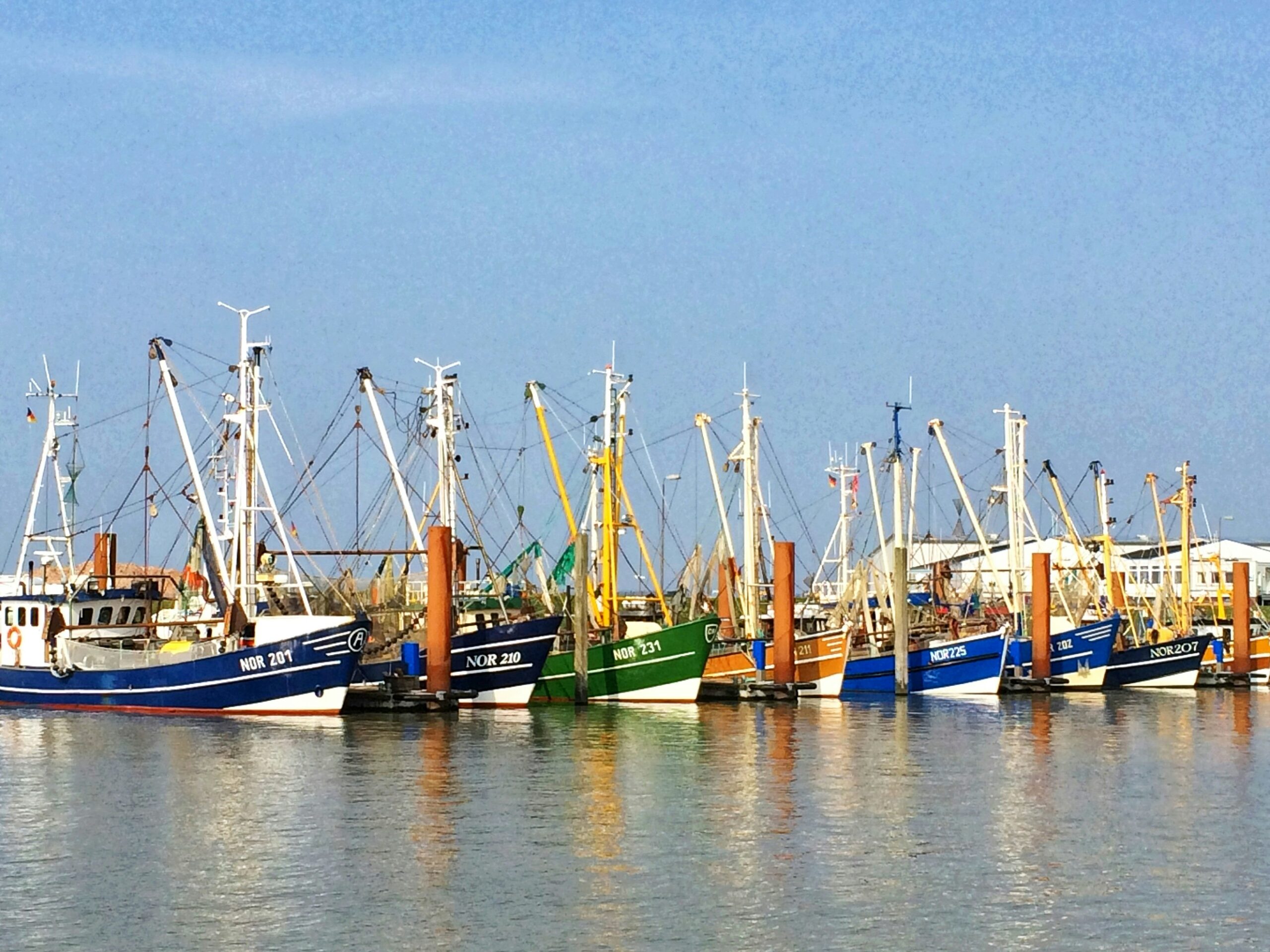Photo by Christian Paul
The World Trade Organisation’s (WTO) long-awaited agreement aimed at curbing harmful fisheries subsidies has entered into force.
The deal — struck after more than two decades of negotiation — prohibits subsidies that contribute to illegal, unreported and unregulated (IUU) fishing, as well as those supporting fishing in overfished stocks.
At a special General Council meeting on 15th September, WTO Director-General Ngozi Okonjo-Iweala said:
“At a time when the international trading system faces profound challenges, the Agreement on Fisheries Subsidies sends a powerful signal that WTO members can work together in a spirit of cooperation and shared responsibility to deliver solutions to global challenges. The entry into force of this Agreement stands as a reminder that many of the biggest challenges we face are more effectively addressed at the multilateral level. People and nations need a multilateralism that delivers – which is why today is so reassuring.”
Environmental groups have cautiously welcomed the breakthrough but have previously stressed that the text leaves significant gaps. In August 2024, the Marine Conservation Society expressed concerns that without stricter limits on subsidies for fuel and vessel construction, fleets could still expand into fragile ecosystems. Meanwhile, WWF and other NGOs also emphasised the importance of strong monitoring and enforcement to ensure the commitments are not undermined in practice.
Looking ahead, a Committee on Fisheries Subsidies will be established to oversee implementation of the Agreement, maintaining regular dialogue on members’ fishing practices and subsidies whilst increasing transparency on governments’ practices. The WTO has also endorsed the establishment of a new funding mechanism to accept voluntary contributions, aimed at providing technical assistance to developing country members to help them implement the Agreement. Member countries now face the challenge of auditing existing subsidy programmes, establishing due-process protocols for IUU determinations, and upgrading monitoring, control and surveillance systems to ensure effective compliance with the landmark ocean sustainability instrument.
